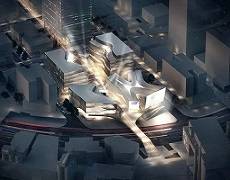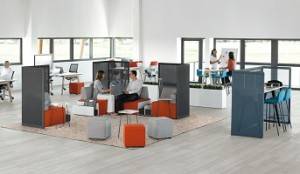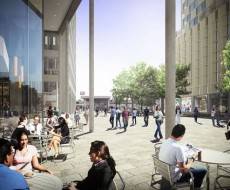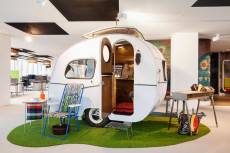April 24, 2014
Employers that fail to act on engagement findings ‘demotivate staff’
 When carrying out employee engagement surveys, employers are not asking the right questions that pinpoint exactly what actions need to be taken. This often results in a failure to act on their findings, which can then lead to higher levels of dissatisfaction amongst staff who have shared their thoughts without seeing any outcome. This is according to a review by software specialist Head Light, which has identified 12 factors which fundamentally impact on how people feel about their work and their employer. These are: wellbeing; motivation; reward and recognition; involvement; autonomy; teamwork and collaboration; purpose and meaning; relationships; trust; career/personal development; communication and performance management. It claims that engagement can be improved at each level of an organisation by asking employees about these 12 factors and then providing senior executives, line managers and individuals with a personalised list of manageable actions. More →
When carrying out employee engagement surveys, employers are not asking the right questions that pinpoint exactly what actions need to be taken. This often results in a failure to act on their findings, which can then lead to higher levels of dissatisfaction amongst staff who have shared their thoughts without seeing any outcome. This is according to a review by software specialist Head Light, which has identified 12 factors which fundamentally impact on how people feel about their work and their employer. These are: wellbeing; motivation; reward and recognition; involvement; autonomy; teamwork and collaboration; purpose and meaning; relationships; trust; career/personal development; communication and performance management. It claims that engagement can be improved at each level of an organisation by asking employees about these 12 factors and then providing senior executives, line managers and individuals with a personalised list of manageable actions. More →




























April 7, 2014
Can building design presage a fall from grace for the world’s tech giants?
by Mark Eltringham • Architecture, Comment, Technology, Workplace design
More →